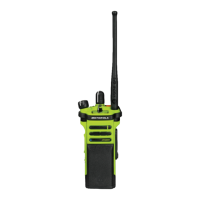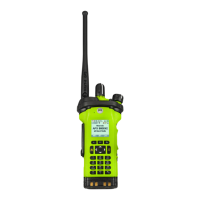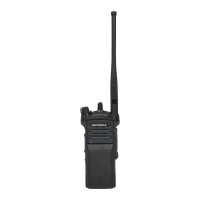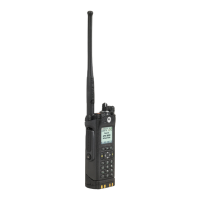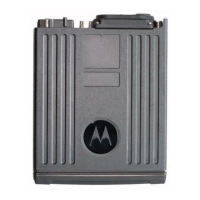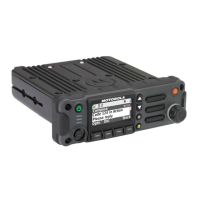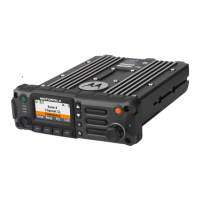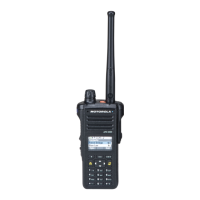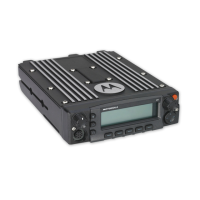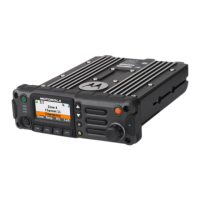Chapter 1
Read Me First
This User Guide covers the basic operation of the radio. However, your dealer or system administrator
may have customized your radio for your specific needs. Check with your dealer or system
administrator for more information.
1.1
Notations Used in This Manual
Notations such as Warning, Caution, and Notice are used throughout the text in this publication.
These notations are used to emphasize that safety hazards exist, and the care that must be taken or
observed.
WARNING: An operational procedure, practice, or condition and so on, which may result in
injury or death if not carefully observed.
CAUTION: An operational procedure, practice, or condition and so on, which may result in
damage to the equipment if not carefully observed.
NOTE: An operational procedure, practice, or condition and so on, which is essential to
emphasize.
1.2
Radio Care
Proper radio usage and care ensure efficient operation and long-life of the product.
CAUTION: Use the radio according to the following recommendations and warnings.
• Your radio casing has a vent port for pressure equalization in the radio. Never poke this vent with
objects such as needles, tweezers, or screwdrivers. Poking the vent could create leak paths into the
radio and the radio submersibility will be lost.
• Never obstruct or cover the vent port, even with a label.
• Ensure that no oily substances come in contact with the vent port.
• Your radio is designed to be submerged to a maximum depth of six feet and maximum time of two
hours. Exceeding either maximum limit may result in damage to the radio.
• Elastomer seals used in portable radios age with time and environmental exposure. To ensure the
waterseal integrity of the radio, Motorola Solutions recommends that radios be checked annually
as a preventive measure. The disassembly, test, and reassembly procedures along with necessary
test equipment are available in the Service Manual.
MN002667A01-AV
Read Me First
11

